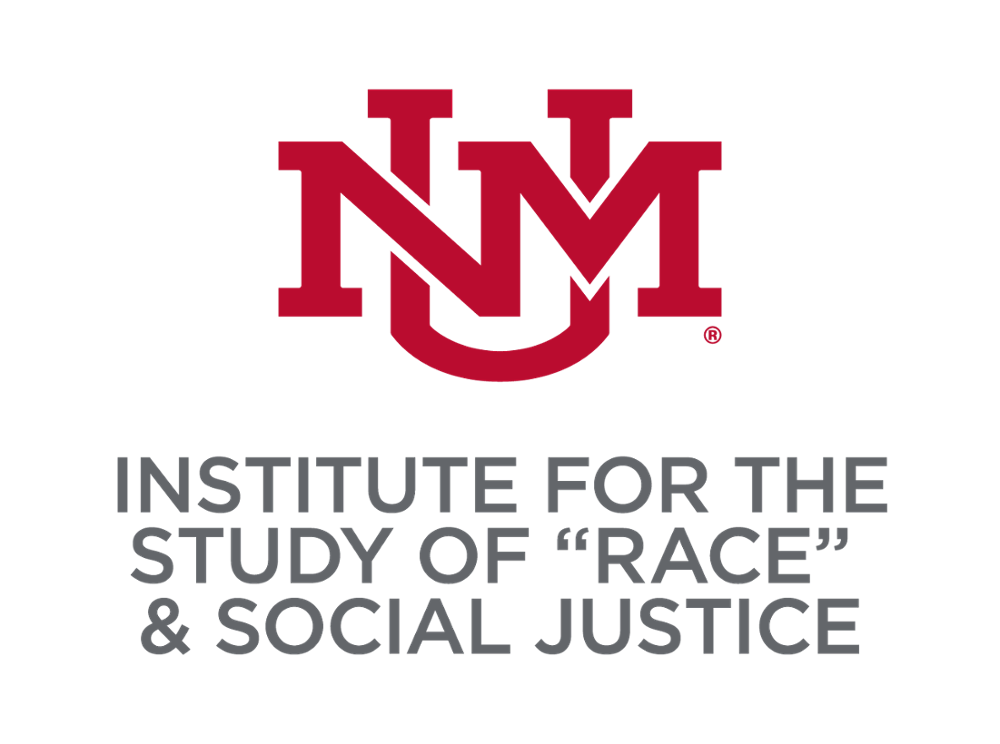(NATIONAL) 21st Annual Women’s History Conference at Sarah Lawrence College
When: Fri, Mar 01 2019 12:00am - Sat, Mar 02 2019 5:00pm
Where: Sarah Lawrence College in Bronxville, NY
The Struggle Continues:
Intersectional Activism in the Age of Gender-Based Violence and Authoritarian Oppression
Friday-Saturday March 1-2, 2019Sarah Lawrence College in Bronxville, NY (20 Minutes North of Manhattan)
Free and Open to the Public
Recent high profile legal battles in the U.S. have brought attention to the problems of sexual assault and violence against women. These include the arrest of Hollywood film producer Harvey Weinstein, the conviction and prison sentence of comedian Bill Cosby, and the battle over the nomination of Brett Kavanaugh for the Supreme Court. Activism against gender-based violence has become the focus of attention by both NGO's and local organizations resulting in social movements like #Sayhername and #MeToo. These concerns are also not isolated to the U.S. Movements in India, Kenya, China and the UK have amplified the voices of victims of individual and state-sponsored violence.
Intersectionality, a term first theorized by feminist activist and legal scholar Kimberlé Crenshaw, was based on the previous work of Black women in organizations such as the Combahee River Collective and the Third World Women's Alliance. These activists by foregrounding the notion of “simultaneous oppressions” gave voice to the frustrations surrounding the inability of feminist and anti-racist activists to consider the intersections of oppression that women of color faced. Crenshaw saw intersectionality as a tool to address failures within those movements. It is through Crenshaw’s framework that we seek to interrogate global gendered violence, now and in the past.
The 21st annual women's history conference will explore the struggle against global gender-based violence through the lens of intersectionality. We seek papers, presentations, and creative works that explore the following questions:
What are the structural and systemic factors that produce gender-based violence and how do race, class, gender, ability and orientation inform them? What are the ways in which gender-based violence has been used by the state and how have activists addressed these crimes or attempted to force governments to do so? What are the successes and mistakes of past movements to end gender-based violence and what lessons can current activists take from previous movements? How can we overcome intersectional failures, to unify and build stronger, more robust coalitions?

